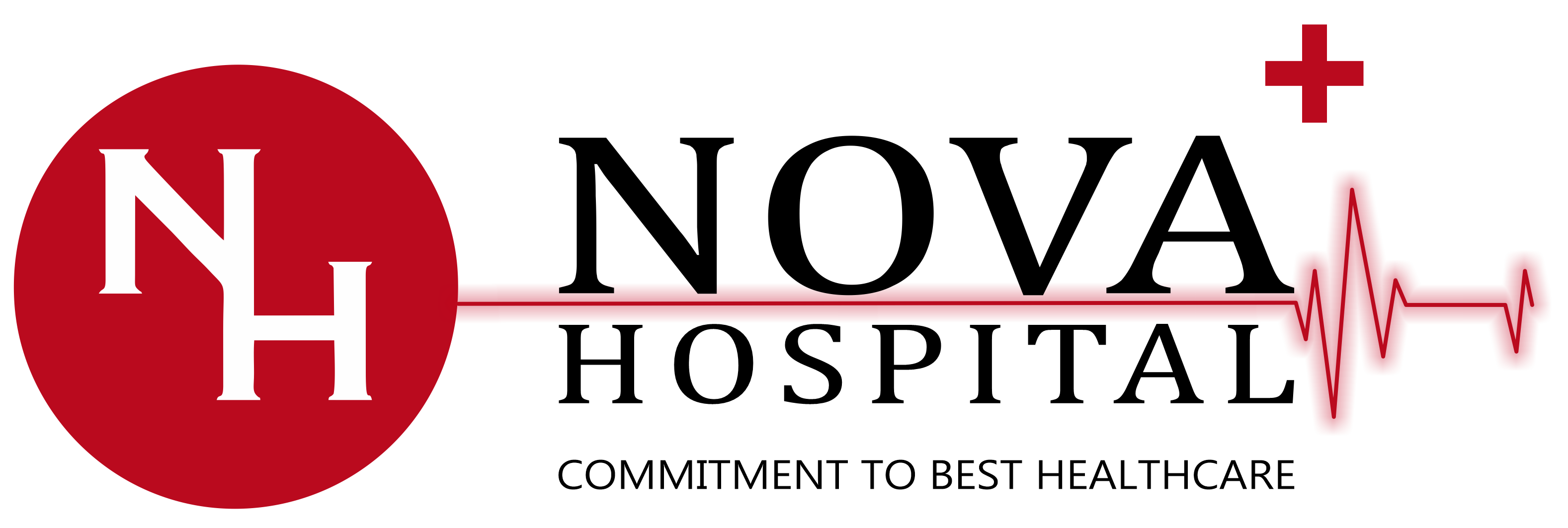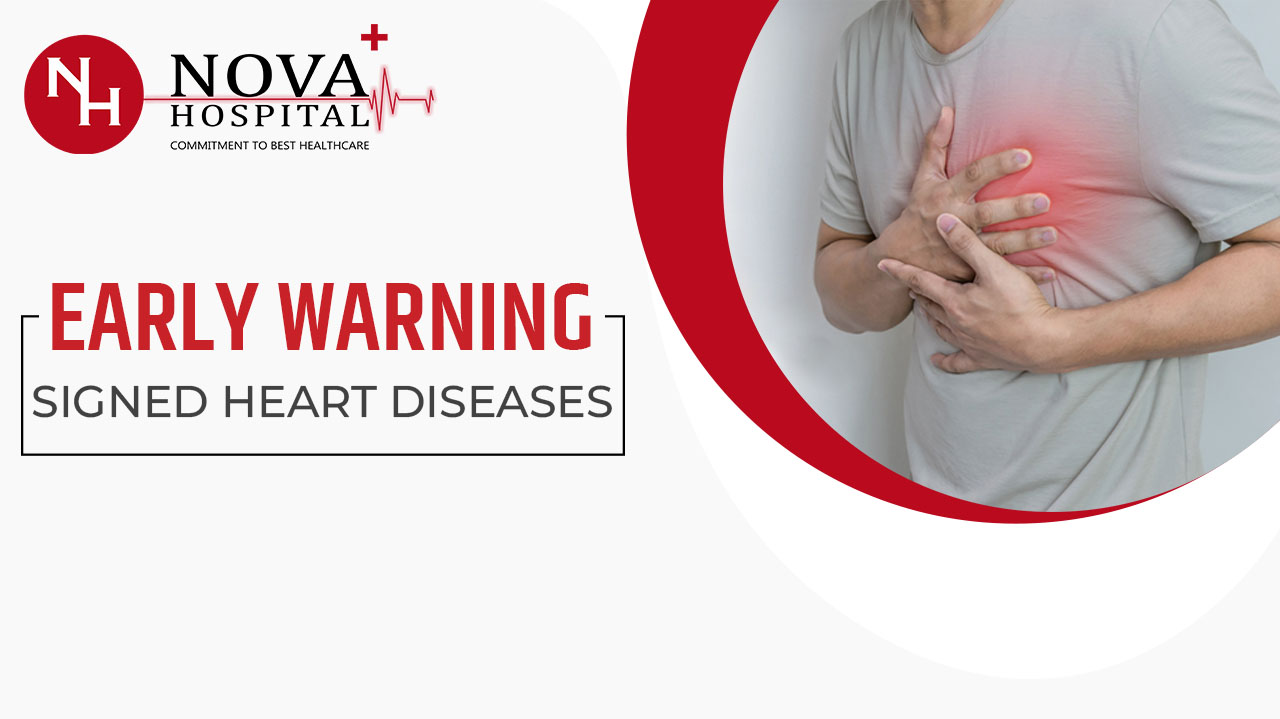Early Warning Signs of Heart Disease
Consider your body to be a computer. Your brain serves as both the CPU and the hard drive. Everything is kept there, including data, programs, and memory. However, it’s also what carries out these operations and distributes them across the remainder of the system.
The power source, however, is the center. Additionally, nothing else functions without a power source. Not even the system will turn on. Real electrifying pulses produced by your heart circulate throughout your body, giving everything vitality.
The problem is that when that electricity is cut off, everything begins to die rather than simply shutting down. Blood and oxygen must constantly reach your organs. Both of these processes begin when the heart stops. The body now stores a certain amount of oxygen in reserve.
We are all aware of how significant the heart is. Hopefully. In case you somehow missed it, the heart is incredibly significant. Your body starts gradually shutting down if it stops working (such as during a cardiac arrest).
In this article, let’s discuss the heart, how to care for it, and how to improve our health.
What are we doing wrong?
We learned why our heart is significant to our health and what it does for our body in the paragraphs above. Let’s now examine the things that are negatively affecting our hearts. What practices or aspects of our lifestyle pose the most risk to our hearts?
Let’s start by discussing our eating habits:
Prevent regularly eating fried foods:-
If you don’t want to have a heart attack, stop regularly eating fried foods. According to research, doing so increases your risk of coronary heart disease by 22%, stroke by 37%, and heart failure by 37%. Examples of these foods include deep-fried donuts, fish, fries, chicken wings, onion rings, cheese curds, and fish.
Be careful not to overdo it with the portion sizes:-
You can consume foods that are seen as healthy, but are they really still healthy if you consume too much of them? Most likely not.
Avoid foods that are high in saturated fats:-
Cholesterol levels may rise as a result of eating meals high in saturated fat, such as high-fat dairy products and protein sources. A buildup of plaque in your arteries brought on by having high blood cholesterol levels can raise your chance of having a heart attack.
Leave out trans fats:-
“Trans fat consumption should be kept to a minimum,” In addition to raising LDL (the “bad” cholesterol), trans fats also lower HDL (the “good” cholesterol.)
Stop avoiding good fats:-
Contrary to popular assumption, not all fats are harmful, particularly when it comes to your heart. The fear of having high cholesterol prevents many people from eating seafood including prawns, mussels, salmon, and other fatty fish.
“Although these meals contain a small amount of cholesterol, it is not enough to have an impact on your cholesterol levels. Instead, seafood contains heart-healthy omega-3 fatty acids. The beneficial fats in seafood raise your HDL cholesterol (the good sort), which circulates throughout your body and gathers LDL cholesterol (the bad kind, which clogs your arteries), as well as other lipids.”
Lifestyle habits that make our heart Sick:
Not maintaining an active lifestyle:-
Maintaining an active lifestyle maintains your heart healthy and your blood circulating. Aim to exercise for at least 30 minutes every day, five days a week. People may not be as active as they should be for a variety of reasons. The covid epidemic has, however, given you plenty of time to stay at home and get healthy. Regular exercise is essential for keeping your heart healthy. Exercise can be monotonous at times, but you can strive to make it enjoyable as well.
Smoking:-
Smokers are at a higher risk of developing heart disease than non-smokers. It comprises all tobacco products that obstruct the arteries leading to the brain. According to the study, nicotine also increases blood pressure and thickens the blood, which leads to more plaque accumulating in the arteries. Over 5,000 chemicals are ingested into a person’s body each time they consume a cigarette. One of these compounds is carbon monoxide, which affects your heart by reducing the amount of oxygen in your red blood cells. Nearly one-third of recent stroke deaths are attributed to smoking.
The use of alcohol:-
Alcohol consumption, especially binge drinking, thins the blood and greatly increases the risk of stroke. Alcohol has been associated with an increased risk of stroke since 1725, most likely due to the fact that prolonged alcohol consumption of more than two drinks per day might raise blood pressure. One to two drinks per day can raise your risk of stroke by 10% to 15%. Additionally, drinking more than four drinks every day can raise your risk of stroke by up to 35%. Recently, it has also been discovered that patients who never drank alcohol or who stopped drinking after receiving a diagnosis have a lower risk of suffering an ischemic stroke.
What are the symptoms of heart-related diseases?
Standard heart attack signs:-
- Chest pain or discomfort. This discomfort or pain may feel like a persistent, tight ache, pressure, fullness, or squeezing in the chest. This discomfort might be transient.
- Upper body discomfort Beyond the chest, the shoulders, arms, back, neck, teeth, or jaw may also experience pain or discomfort. Some folks just have upper body pain, not chest pain.
- A stomachache Heartburn-like pain may be felt in the gut area and spread downward.
- Respiration difficulty. You could struggle to breathe or gulp for air. This frequently happens prior to any chest discomfort. Some individuals experience no chest discomfort.
- Anxiety. You can experience gloom or think you’re having a dream.
Women could have various symptoms:-
Women may have every symptom of a heart attack, several, a few, or none at all. The most typical sign of a heart attack in women is still some sort of pain, pressure, or discomfort in the chest. Yet many females experience heart attack symptoms without experiencing chest pain. Women’s heart attack symptoms can include.
- Neck, back, shoulder, or jaw discomfort
- Breathing difficulty
- Belly ache or heartburn
- One or both arms hurt
- Nausea or diarrhea
- Fainting or vertigo
- An unusual or unfounded weariness that may last for days
If you experience any heart attack warning signals, seek assistance right once. Heart attacks can start abruptly and intensely or slowly, with just minor pain or discomfort. Be aware of your body’s signals and dial the emergency number if you notice the symptoms mentioned above.

